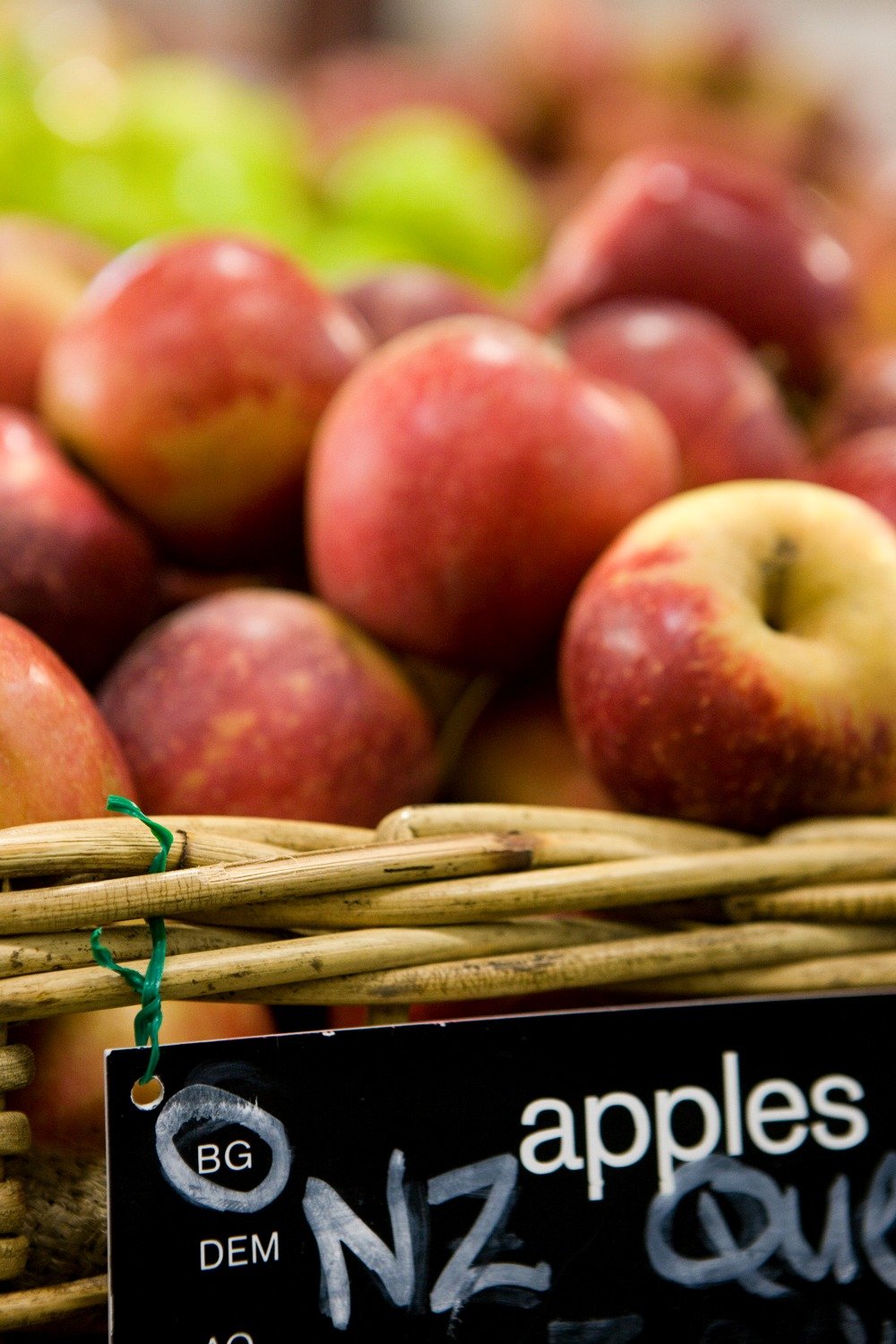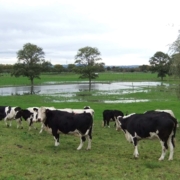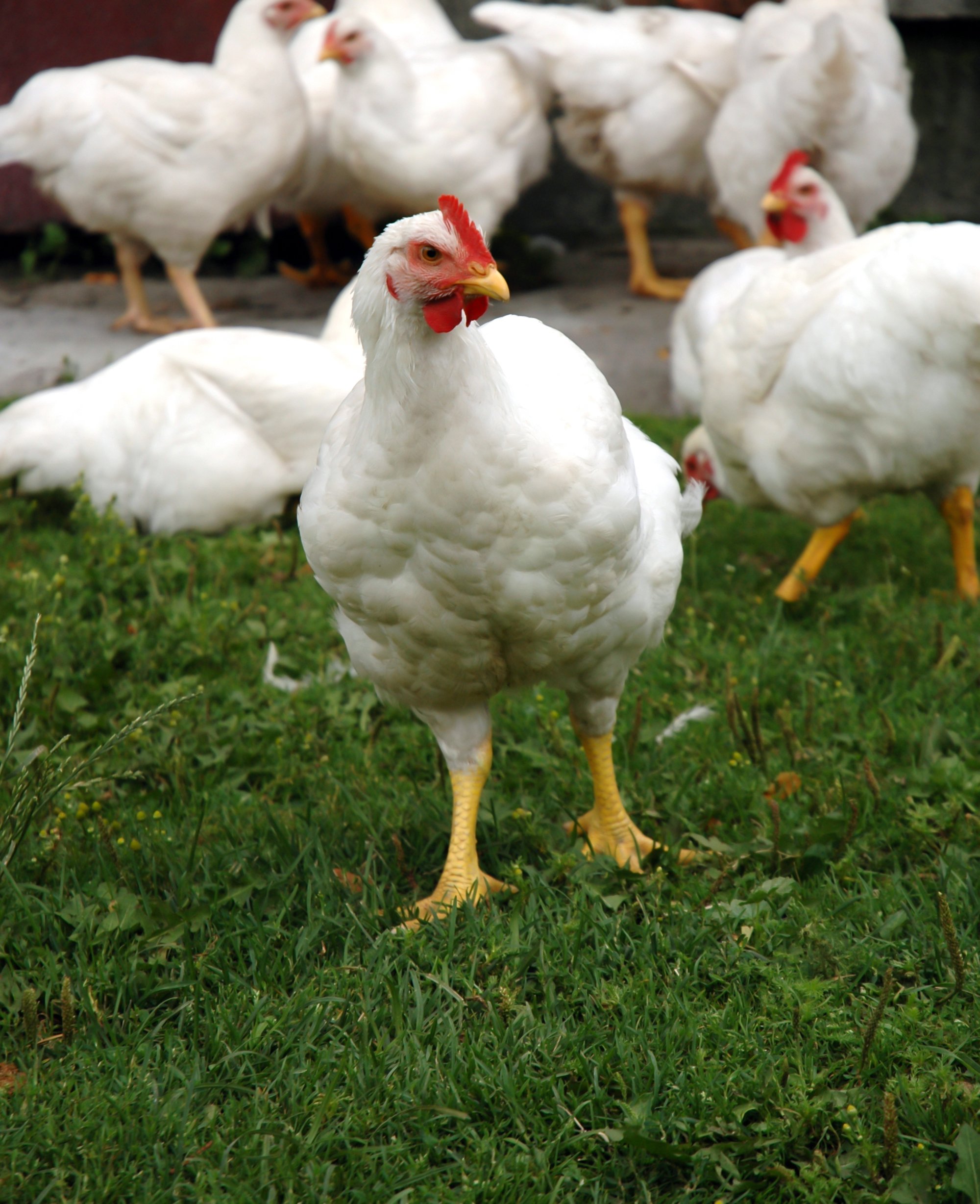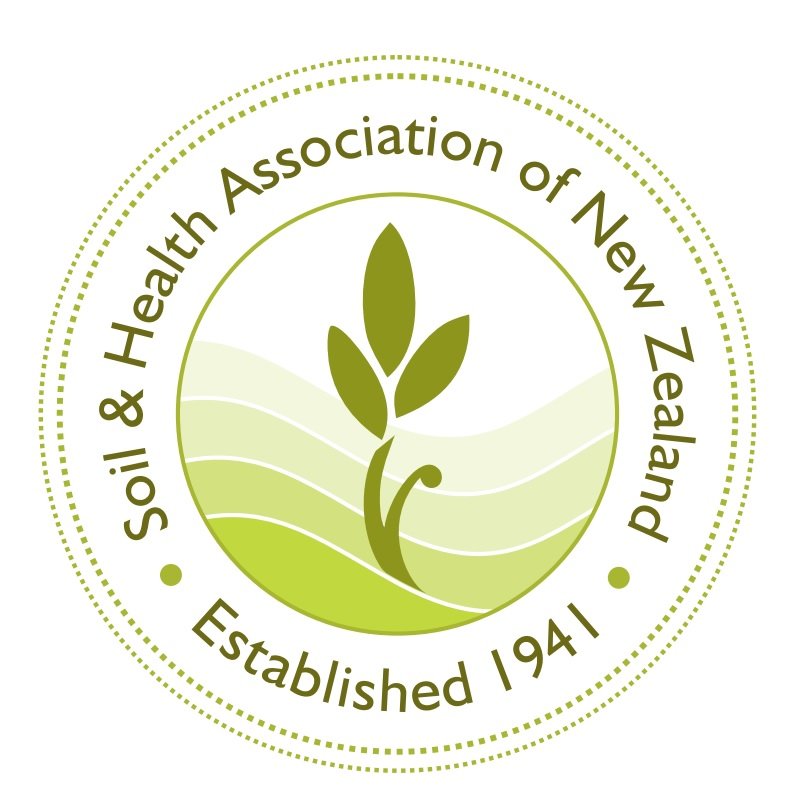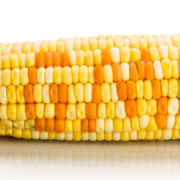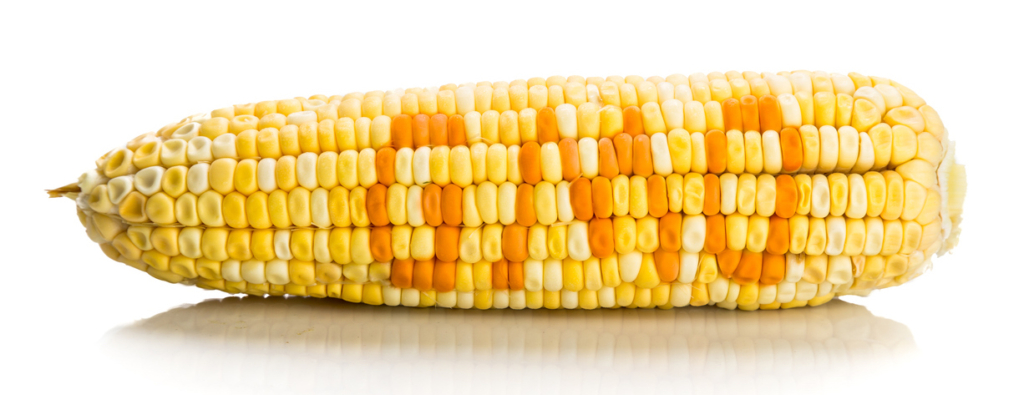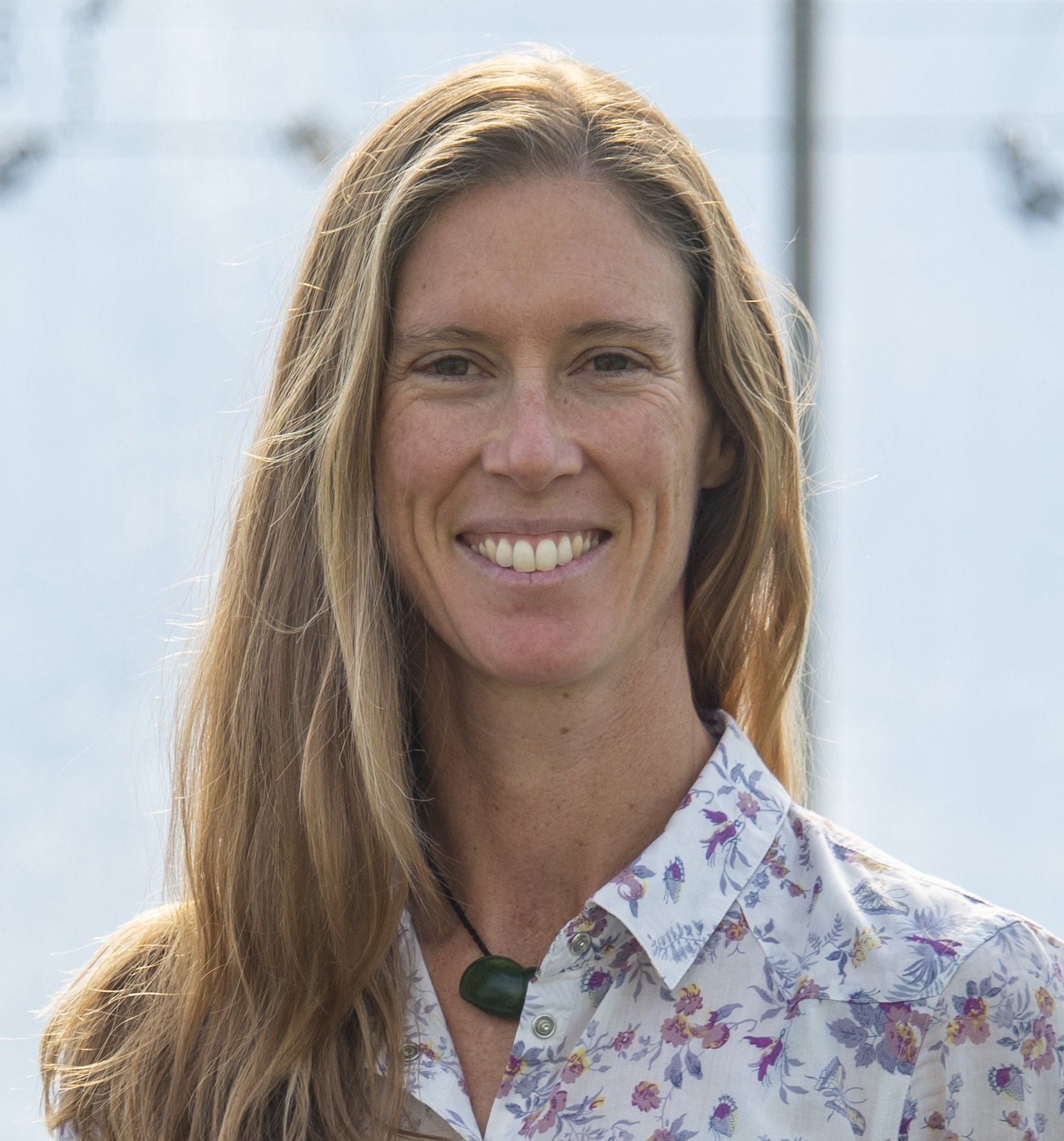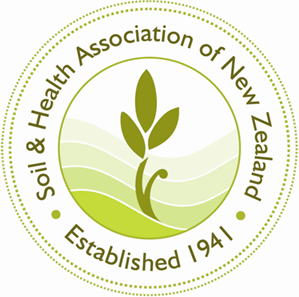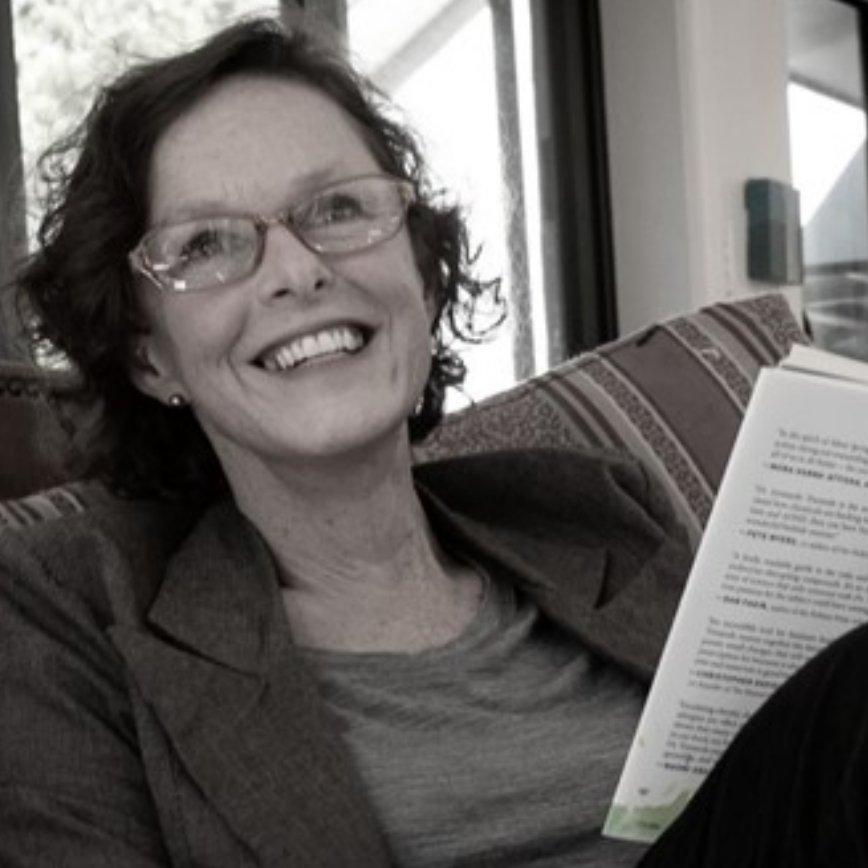Gene Tech Bill threatens Aotearoa’s GE-free status, warns Soil & Health
MEDIA RELEASE
13 OCTOBER 2025
Aotearoa New Zealand – The Soil & Health Association of New Zealand is calling for the Government to halt the Gene Technology Bill, warning that the proposed law would open the door to genetically engineered organisms in Aotearoa’s environment, food system and farms.
The latest draft of the Bill, which has just been released by the Health Select Committee, has only minor changes from the initial draft.
“New Zealanders have a right to know what we’re growing and eating – and to choose food that aligns with their values,” says Charles Hyland, chair of the Soil & Health Association.
“This Bill would still allow GE into our farms, gardens and food, risking contamination, loss of organic certification, lawsuits and Aotearoa’s GE-free status. Anyone who doesn’t want GE could face difficulties avoiding it.”
“In addition to the risks to food and agriculture, there are also risks to tikanga Māori, Te Tiriti o Waitangi, biodiversity, conservation and natural ecosystems, economics, trade, liability and insurance, animal welfare, ethics and more.”
“Local authorities would have no jurisdiction over GE in their territories.”
“One positive change we have identified is the inclusion of a register of all genetically modified organisms.”
“We’re urging Parliament to pause this Bill and take the time needed to address the wide-ranging environmental, cultural and economic risks,” says Hyland. “This legislation is too important to rush – it must be shaped with meaningful public consultation.”
ENDS
FURTHER INFORMATION: Soil & Health’s submission on the Gene Technology Bill
Media contacts:
Charles Hyland, Chair, Soil & Health Association of New Zealand, 027 707 0747
Philippa Jamieson, Organic NZ editor, Soil & Health Association of New Zealand, 027 547 3929
Email: editor@organicnz.org.nz
Website: www.soilandhealth.org.nz
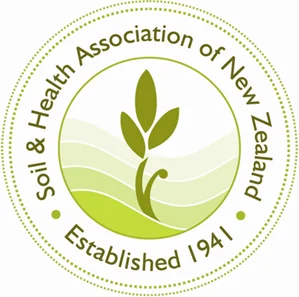
TOP IMAGE: Organic apples at Commonsense Organics, Wellington

